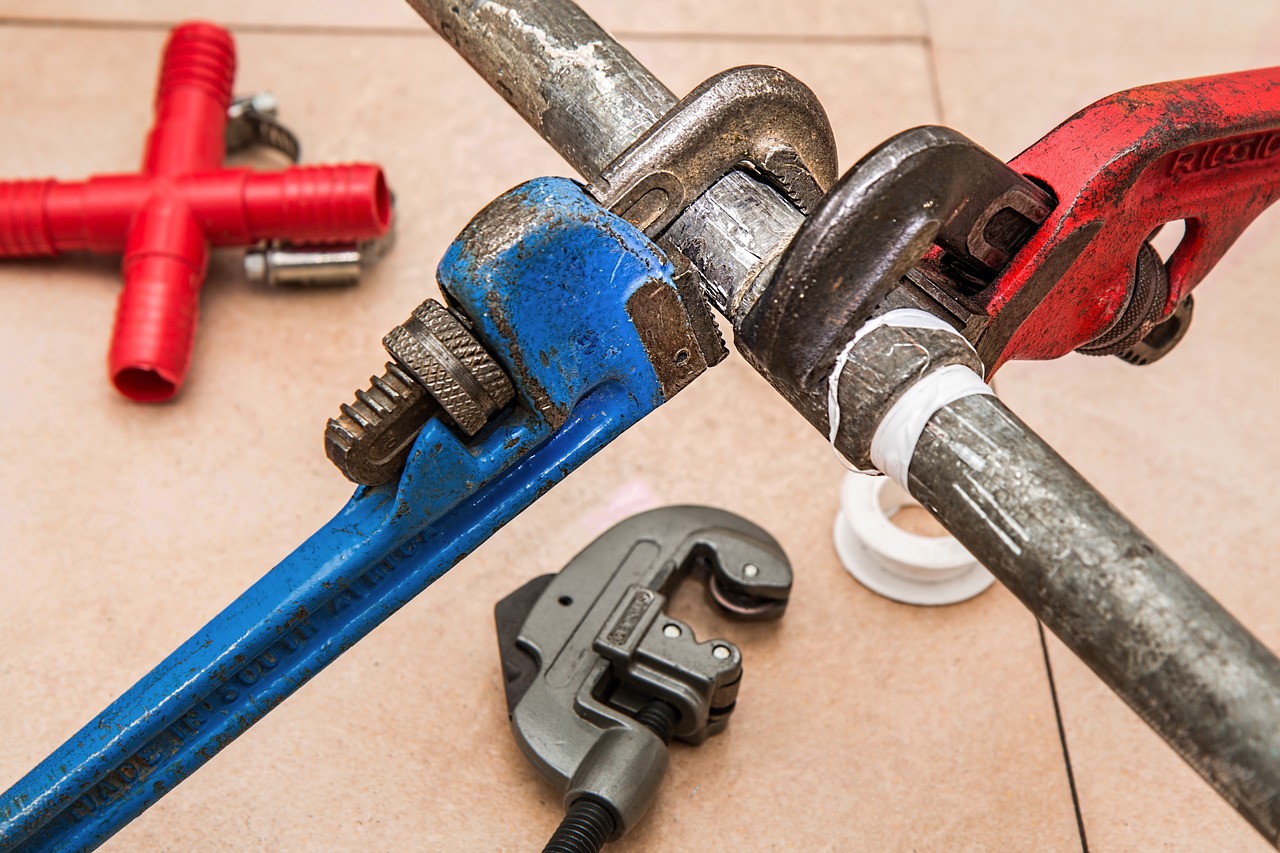Plumber Job Description
A Plumber of symbols, installs, and repairs, biddings and mixtures of heating, water and drainage systems, according to specifications and plumbing codes.
The Plumber’s job objectives:
*The Plumber is responsible for the as Emily of type sections, to be in and getting.
*The Plumber knows how to use couplings, clamps, crews, bolts, cement, and plastics all the in order to do his job correctly.
*The Plumber must be licensed in the state and county where he does his work.
*The Plumber must also get approval by an inspector after completion of each job.
The Plumber normally must be capable of doing his own written work preparing cost estimates and negotiating contracts. The Plumber will review blueprints and building codes and specifications to determine work details and procedures before he gives the client a cost estimate. Many times a Plumber will study building plans and ends back structures to assess material and equipment needs. The Plumber must be able to establish the sequence of type installations, and to plan installation around obstructions such as electrical wiring. The Plumber realizes that all this will cost extra, therefore, he must be capable of considering any extra work and his initial estimate to the client.
The Plumber must be capable of using a computer in order to keep records of assignments and produce detailed work reports for the client and often for his supervisor. The Plumber must be able to perform complex calculations and planning for special are very large jobs. Many Plumbers attend a community college in order to learn how to use a computer and procedures and math that teach them the process of estimating jobs. The Plumber must also work as an apprentice To a Master Plumber in order to take a state test to become a licensed plumber. Normally the Plumber locates and marks the position of all type installations, connections, passage, and mixtures and structures, using measuring instruments such as rulers and levels.
The Plumber must be capable to measure, cut, thread and then pipe to the required angle. The Plumber often uses hand and power tools. The Plumber also uses machines such as pipe cutters, pipe — threading machines, and pipe — bending machines in order to get the pipe into the position needed for the project. Not Only Does the Plumber do the initial pipe fitting but he is required to do installations on household appliances as well. The most common household appliance that the Plumber is required to installs our items like dishwashers, washing machines, and hot water heaters. The Plumber also works on fixtures such as sinks and toilets using and in power tools.
The Plumber must be able to cut holes in openings to accommodate pipe and tight fitting, using hand and power tools. The Plumber also must be able to hang steel supports from ceiling joists to hold pipes in place. The Plumber may work outside in all kinds of weather, work inside in areas that are very hard to reach or work in places that are very dirty. The Life of the Plumber is not always easy as sometimes required to carry heavy items, work long hours, and in cold or wet weather. The pay for a Plumber is very good and the benefits are well worth the job. Most Plumbers strive to become Master Plumbers since this is where they earn the most income.
The Plumber may not always be working on new construction instead he may be required to do repair work on old construction. The Plumber may be placed or manned broken pipes, open clogged drains, or just replace plumbing units. The Master Plumber often supervises other plumbers while they are working. The Master Plumber must have knowledge of machines and tools, including their designs, uses and maintenance. The Plumber must have a good working knowledge of arithmetic, algebra, geometry, calculus, statistics, and their applications.
That’s all the Plumber must have the ability to key hand and arm steady while moving the arm or while holding your arm and hand in one position. The Plumber must have the ability to tell when something is wrong or is likely to go wrong. It may not require him to solve the problem but recognize there is a problem. The Plumber must have good manual dexterity. The Plumber must have the ability to exert maximum muscle force to lift, push, pull, or carry objects. The Plumber must have good communication skills so that others can understand when he gives directions or explanations on how to handle the project.


